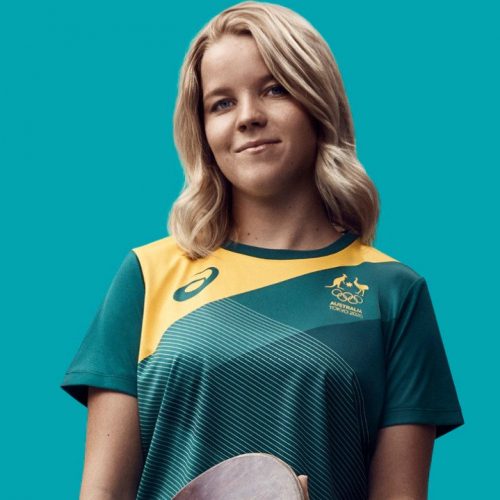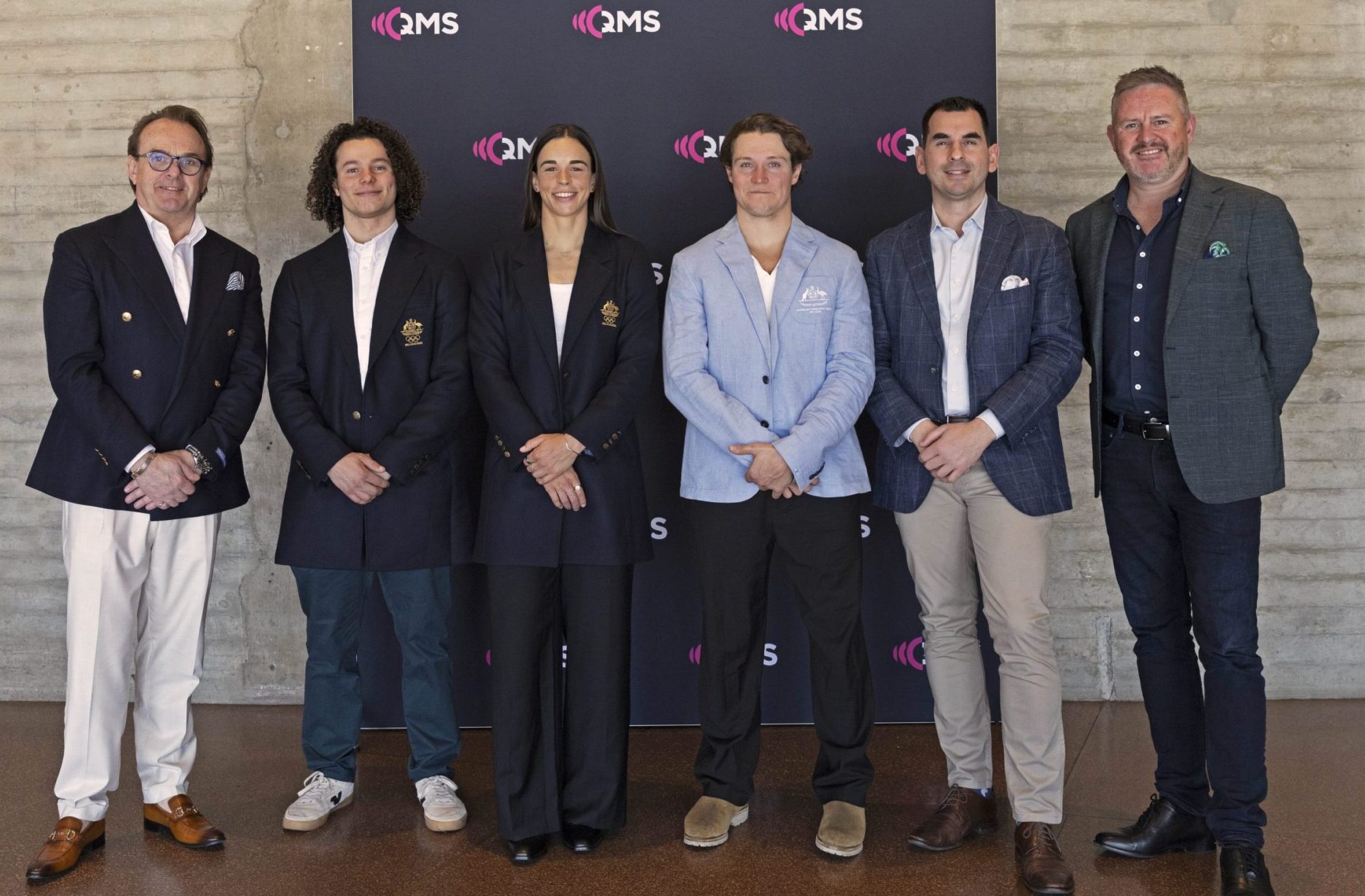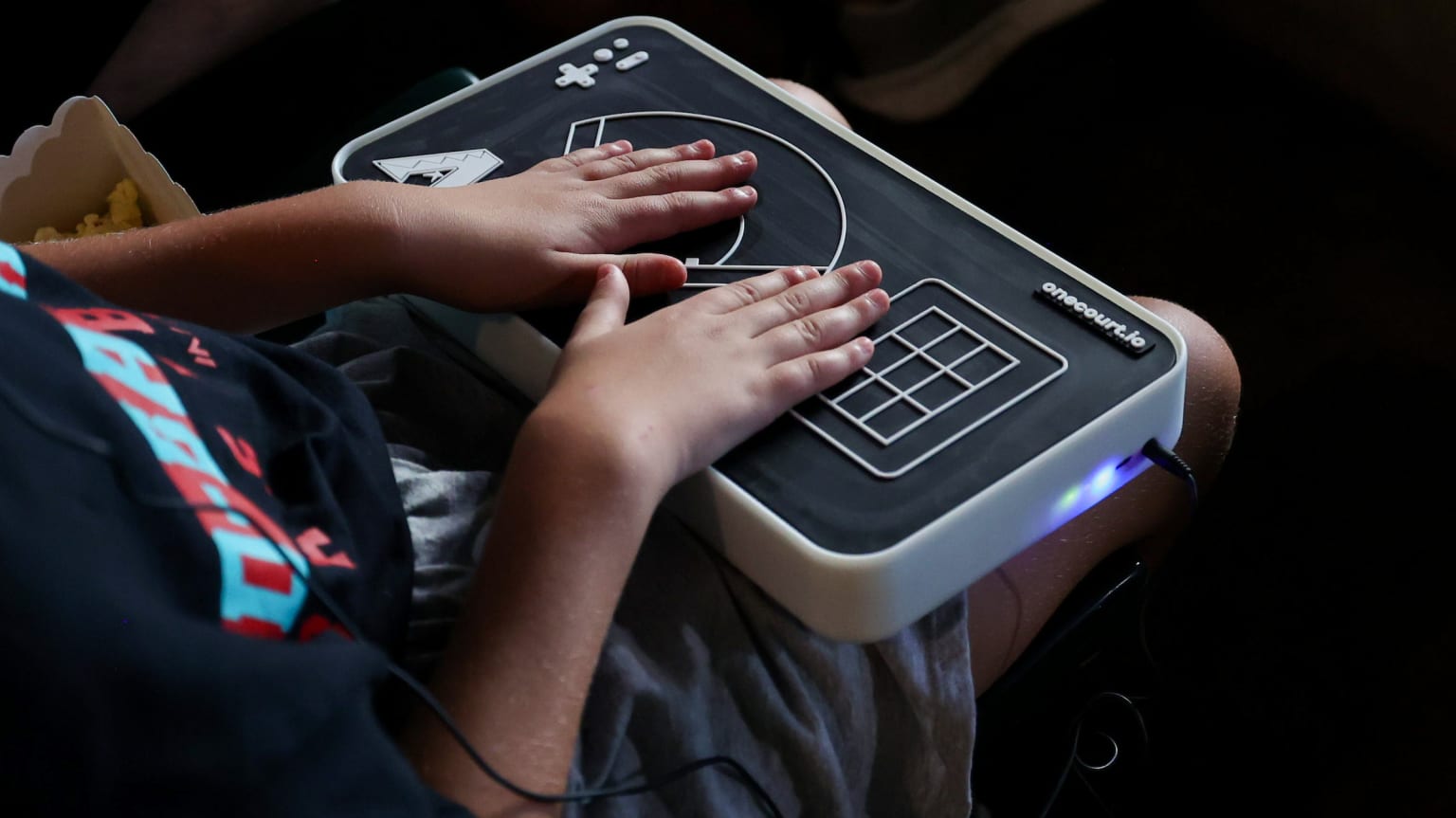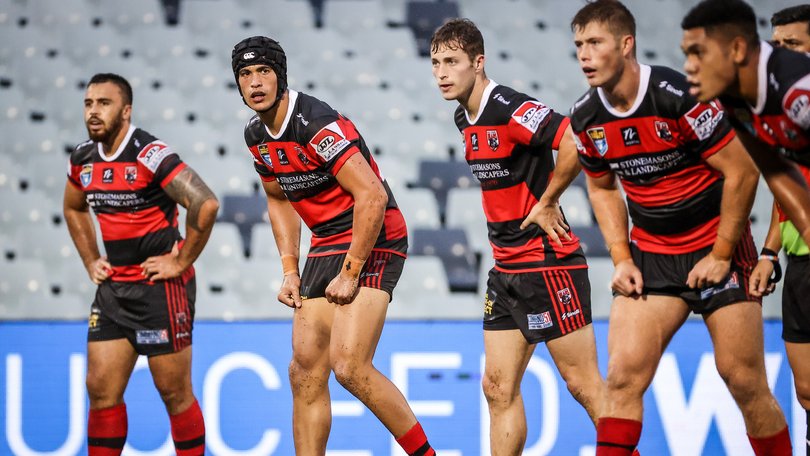[mkdf_dropcaps type=”normal” color=”#f55549″ background_color=””]A[/mkdf_dropcaps]
head of the Tokyo 2020 Olympic Games, a partnership between Samsung and Optus, powered by the work of Resonance, delivered Performance Enhancing Music for Olympians to use pre-event.
The bespoke athlete tracks combined music, science, sports psychology and Australian artists, based on research and academic consultation on the effects of music on the physical and mental components of peak performance.
The Performance Enhancing Music was designed for Olympians Mack Horton, Steph Catley, and Poppy Olsen, as well as Paralympian, Nic Beveridge, and was tailored for each athlete and their event.
Speaking to Ministry of Sport, Resonance creative director and founder, Ralph Van Dijk, explained how the campaign started and the impact it had on the athletes.
“We were approached by CHE Proximity, the advertising agency working with Samsung and Optus, and they wanted to come up with an idea in which those brands could show their support to Australian Olympians in Tokyo,” Van Dijk told Ministry of Sport.
“They wanted to explore what we could create for the athletes that could help enhance their performances.
“This was a great opportunity for us to find the sonic essence of a person and make it specifically tailored for an event.
“It was a great challenge for us, I deep-dived into a lot of studies and research papers to find what had been done in the past and there was enough evidence to show this was an area that had potential and was still relatively new in the world of sports and sports science.
“We presented back an approach we thought would work and we’re glad to say it went down really well with the athletes and we created their individual tracks to use as part of their warmup regime and their processes pre-event.
“We’re talking all the credit for all the golds, even from the athletes that weren’t part of the campaign.
“If we can give the athlete that 1% extra self-belief or motivation or help them get in the mindset that enables them to reach that all important flow or zone all sports scientists talk to, then that’s a win.
“Each of the athletes heard it and said it meant so much to them, we captured so many different things about them in the track, not least the style of music they listened to anyway pre-event, but also turning their mantras and their affirmations they use in their sport and they have going through their minds whilst they’re in the middle of it all, to have that turned into a lyric in a song is so personal.
“Then a layer on top of that, there were a number of little sonic easter eggs like the voice of a mentor that had guided them in their early stages or in one of the athletes’ cases, they read an interview with an athlete and that had been the inspiration for them taking up the event in the first place.
“To have their voice in that song specifically for them and another layer of featuring an Australian artist they love, they felt so special and that alone has got to have an impact.
“I think without question, every one of the athletes was motivated and moved by what had been created and felt like we had done something pretty cool just for them to celebrate who they are give them the extra motivation at the Olympics.
“That would have had an impact regardless and who knows where they would have come had they not had the track,” he said.
Discussing the potential for sporting organisations to utilise Performance Enhancing Music in the future, Van Dijk said the foundations already exist in a strong way.
“We know the ingredients and elements that need to go into a track to make it as powerful and effective as possible, but from the perspective of the athlete or organisation, it’s not a difficult thing to create,” Van Dijk said.
“There’s no question people understand the power of a team song, that track comes in and it makes people feel stronger as a team and gives them a focal point, this stuff exists already, all we’re doing is refining it.
“There’ll be a lot more conversations about this and we can all understand and empathise with how music affects us and our mood anyway, we don’t need to prove that.
“We know what tracks get us on a dancefloor, what tracks we love driving to, that is an accepted thing, we’re just applying it in a different way.
“For an athlete looking for all these little one percenters, why wouldn’t you utilise it,” he said.
When asked how brands can support athletes in developing Performance Enhancing Music, Van Dijk said: “A brand could fund an athletes track, in the same way you see them with their logo on clothing or they are featured in an ad.”
“If they were to fund their performance enhancing track for them, that could be used in advertising potentially as well and it becomes part of the story as the soundtrack for the ad is made for this particular athlete.
“It makes the partnership a little more authentic, they’re actually doing something tangible as opposed to just throwing money at them.
“They’re giving them something that will help them achieve a better result at the sport they’ve chosen.
“It’s a way for brands to get a little more involved in the event of the athlete they’re sponsoring,” he told Ministry of Sport.







